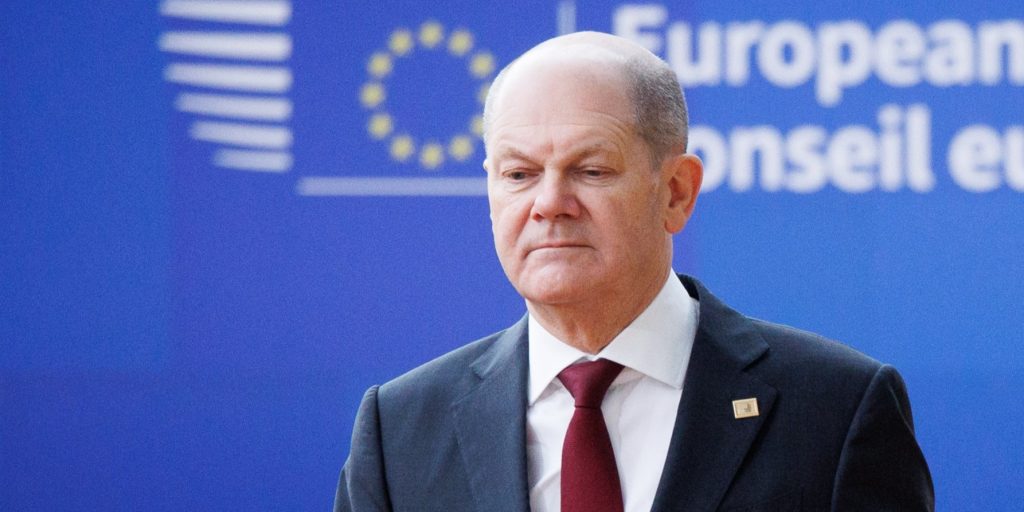Germany’s objections have delayed the approval of the EU’s 14th sanctions package against Russia
Others are reading now
The European Union is struggling to finalize its 14th sanctions package against Russia due to Germany’s objections, particularly concerning the LNG sector.
EU diplomats, speaking anonymously, informed Reuters about these disagreements.
Internal Disagreements
Germany’s hesitation is partly due to conflicts between the foreign ministry and Chancellor Olaf Scholz.
Despite over a month of discussions among officials from 27 EU countries, no consensus has been reached.
Also read
The proposed sanctions include a ban on the transshipment of Russian LNG and holding EU operators accountable for sanctions violations by subsidiaries and partners in third countries.
Specific Concerns
Germany continues to object even after a problematic clause was removed.
This clause would have forced subsidiaries to “contractually prohibit re-export to the Russian Federation and re-export for use in the Russian Federation.”
Berlin is concerned about measures requiring EU companies to ensure their customers do not sell sanctioned goods to Russia.
Germany believes extending these measures to non-dual-use products, such as chemicals or metalworking equipment, would harm small German businesses.
Previously, Germany, along with France, opposed a ban on exporting luxury cars to Belarus, which has become a transit point for Russian oligarchs to circumvent sanctions.
Ongoing Negotiations
An EU diplomat told Politico that the European Commission is negotiating with Germany to lift its veto.
The Belgian presidency of the EU Council aimed to finalize the sanctions package before the G7 summit in Italy but was unsuccessful.
The proposed sanctions package targets several LNG projects and seeks to ban the transshipment of Russian LNG from the EU to third countries.

